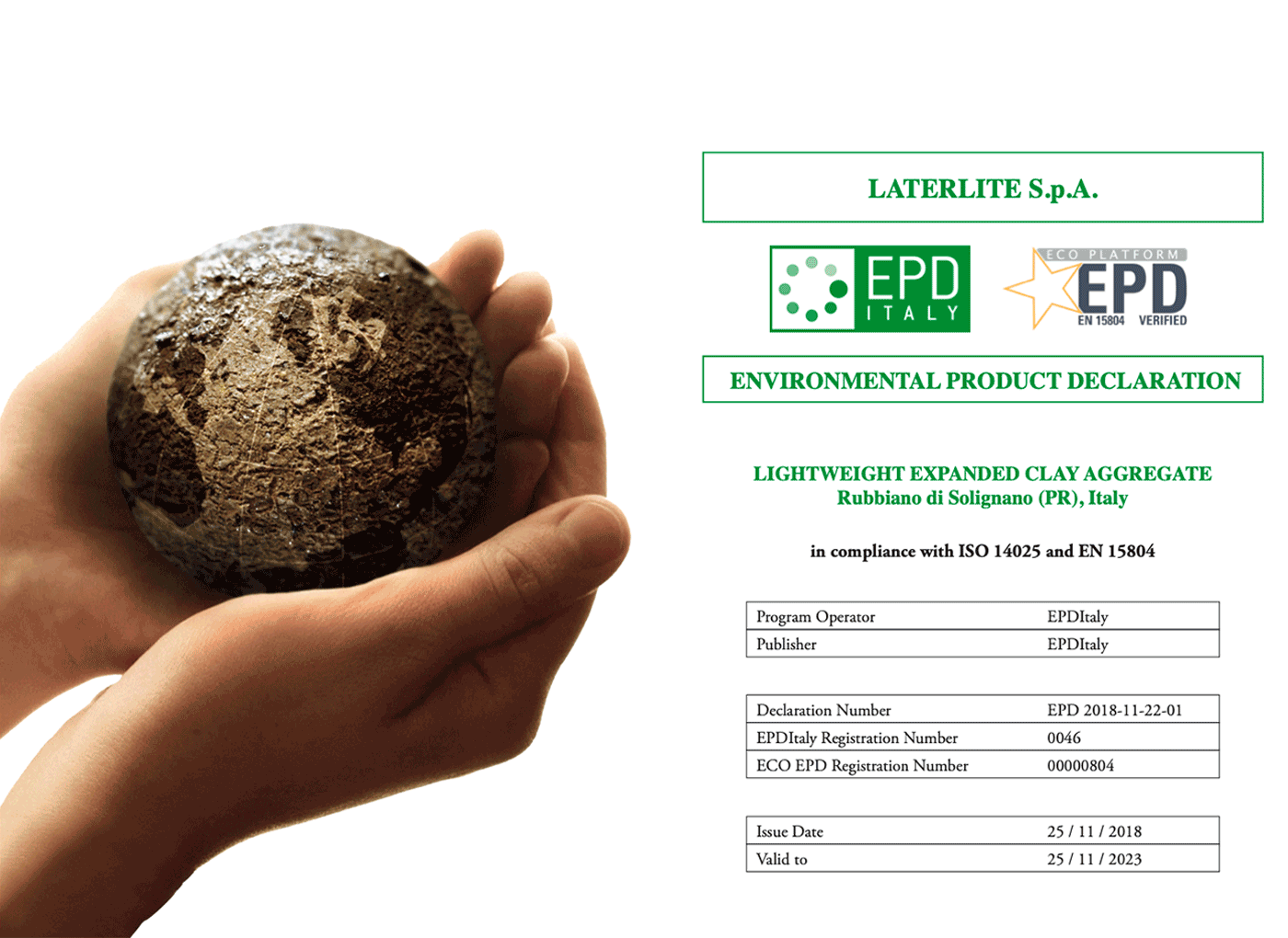

Evaluating the supply of raw materials, their production, use and end of life in the same context has enormous potential for many products, including plastics, since it makes it possible to manufacture products that are closely integrated both with the production system in the region and with consumption uses and habits, providing a broad scope for real improvements. LCT is fundamental as a cultural approach because it involves considering the entire product chain and identifying which improvements and innovations can be made to it. In recent years the concept of Life Cycle Thinking (LCT) has become essential in evaluating the environmental impact of a product or service. The presence of recognised rules of a qualified and authoritative managing body and of a reliable validation system is essential elements of guaranteeing and protecting EPD use. The EPD enables communicating the environmental contents of a product, both objectively and transparently. The EPD is an important voluntary instrument for qualifying companies that intend to take an active role in managing the environment factor. The role of LCA is essential in identifying the manufacturing processes that have the greatest environmental impact and in indicating the options for improvement in order to maximise the positive effects and reduce the negative effects on the environment to a minimum. This approach is termed “from cradle to grave”. the route covered by the raw materials through all of the transformation and transportation processes until the final treatment. The only way to study production systems completely is to step by step examine their performance i.e. Life cycle analysis is a method for analysing manufacturing processes, products and services, which favours studying systems from a global viewpoint. These factors are considered strategic for verifying the true environmental benefit of using biodegradable plastic polymers. Our raw material supplier for Mater-Bi®, Novamont, has always made an important contribution to the promotion of Life Cycle Analysis (LCA)>, and more recently, of the Environmental Product Declaration (EPD).
#Environmental product declaration series#
This new economic parameter is the adoption of a series of instruments that measure, control and check the environmental performance. View the EPD Australasia database.The growing interest in environmental issues is creating a new market for products and services that are genuinely eco-compatible. This is to ensure it remains representative during the period of EPD registration. If the reported environmental indicators change significantly during this period - for example, due to changes in manufacturing location or suppliers - the EPD must be updated. Regular reviews during this time are necessary to ensure that reported environmental indicators in the EPD remain valid and representative of the product being supplied.

EPD registrationĬonstruction product EPDs can be registered with EPD Australasia for a 5-year period.
#Environmental product declaration iso#
Standards complianceĮPDs must comply with the principles and procedures for EPD development set out in ISO 14025:2006 Environmental labels and declarations - Type III environmental declarations - Principles and procedures.įor construction products (which includes services), specific rules are set out in product category rules of EN 15804:2012+A2:2019 Sustainability of construction works - Environmental product declarations - Core rules for the product category of construction products. While they are primarily aimed at business-to-business communication, EPDs can also be useful for business-to-consumer communication.ĮPDs are increasingly gaining global recognition in building environmental rating schemes, including Green Star in New Zealand. BenefitsĮPDs provide a robust, science-based communication method for demonstrating the environmental credentials of products and services. The programme is affiliated with The International EPD® System, one of the largest and oldest EPD scheme providers globally. It includes the reported outputs of a quantitative technique called life cycle assessment (LCA) in addition to other environmental information.ĮPD Australasia was established in 2014 as a trans-Tasman EPD programme operator. An EPD - also known as a Type III environmental declaration in ISO terminology - is a concise, readable, third-party verified document.


 0 kommentar(er)
0 kommentar(er)
